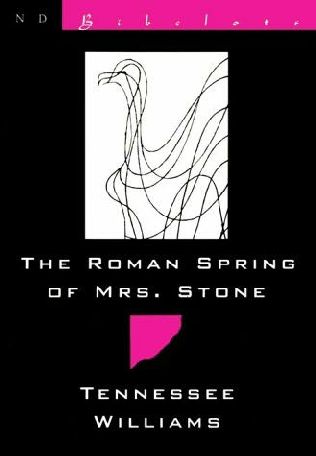
Also available as part of the collection "Old New York: four novellas."
Letter the Seventh -- Edward to Augusta: “Support! What Support will Laura want which she can receive from him?"
"Only those very insignificant ones of Victuals and Drink," (answered she).
"Victuals and Drink! (replied my Husband in a most nobly contemptuous Manner) and dost thou then imagine that there is no other support for an exalted Mind (such as is my Laura's) than the mean and indelicate employment of Eating and Drinking?"
"None that I know of, so efficacious," (returned Augusta).”
Even in Jane Austen’s juvenilia, financial “support” rears its ugly and ubiquitous head! Can you think of any examples in her later works that also contrast romance with finance? Charlotte Lucas comes to mind in Pride and Prejudice…
Letter the First
Isabel to Laura: “You are this day 55. If a woman may ever be said to be in safety from the determined Perseverance of disagreeable Lovers and the cruel Persecutions of obstinate Fathers, surely it must be at such a time of Life.”
Letter the Third:
"But lovely as I was, the Graces of my Person were the least of my Perfections. Of every accomplishment accustomary to my sex, I was Mistress. When in the Convent, my progress had always exceeded my instructions, my Acquirements had been wonderfull for my age, and I had shortly surpassed my Masters.
In my Mind, every Virtue that could adorn it was centered; it was the Rendez-vous of every good Quality and of every noble sentiment.”
What struck me most about this passage was how much novelists’ portrayals of heroes and heroines have changed! Today every protagonist is rarely if ever self-described, and they never have it so good. Although Austen is obviously parodying the heroines of her time, she raises an interesting point – people often saw the main characters of a novel to be just about perfect, or at least highly skilled and moral. Samuel Richardson's earlier novel, "Pamela," published in 1740, comes to mind. "Love and Freindship" for our next read, though here it looks like the book's publishers have corrected her original misspelling!
"Love and Freindship" for our next read, though here it looks like the book's publishers have corrected her original misspelling!

Hi everyone,
Before we start serious discussion of "House on Mango Street," I wanted to get your overall thoughts and impressions. Did you love it/hate it, or fall somewhere in-between? Which was your favorite vignette and why?
That's a general introduction. For a more focused beginning:
“My Name” vignette – “Esperanza” tells us her name means hope in English and sadness in Spanish. “A muddy color.” From the outset of the novella, would you say Esperanza caters more to her English or Spanish definition of her name? Or do you think they're equally balanced?
Looking forward to hearing from you!
